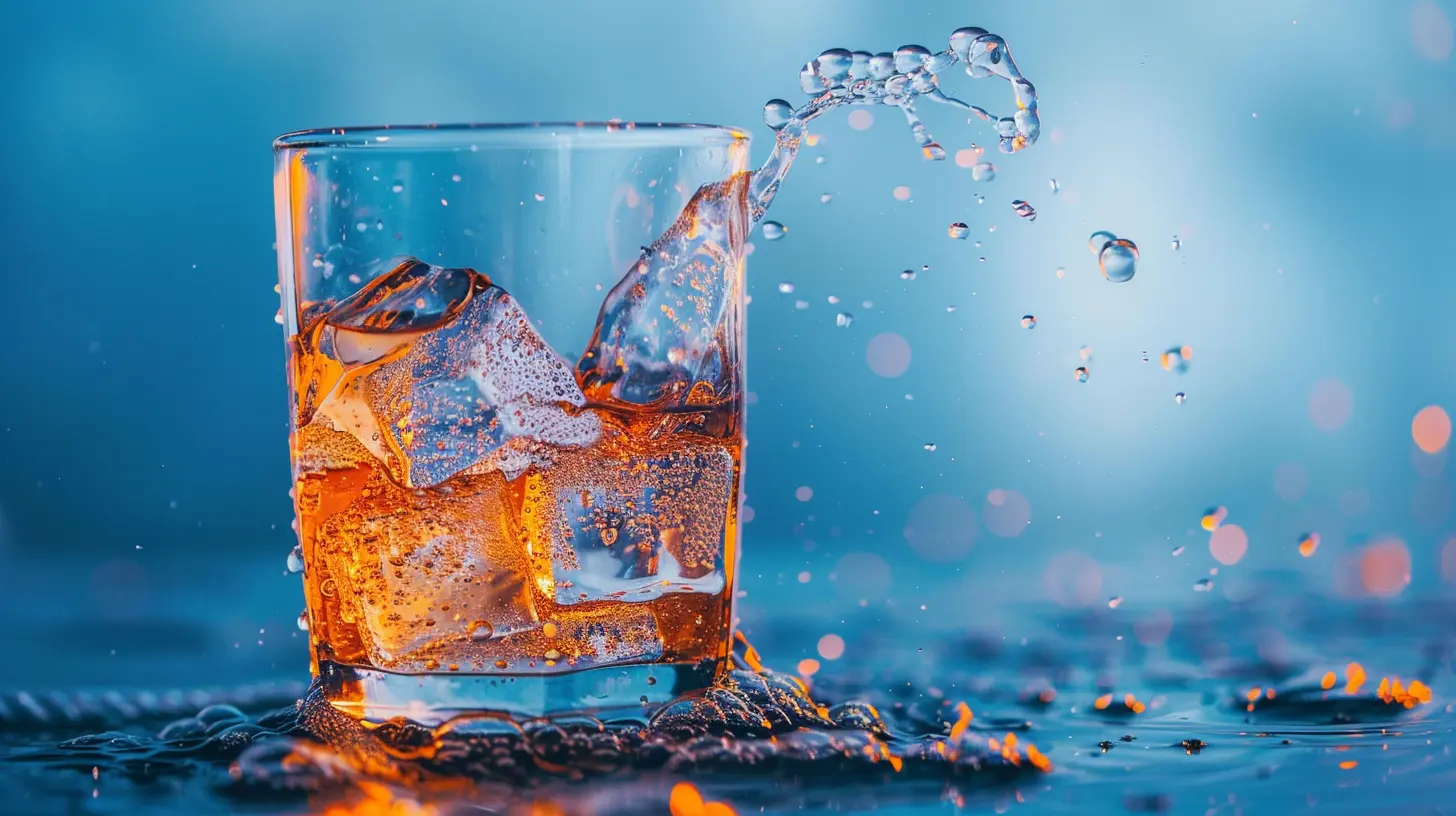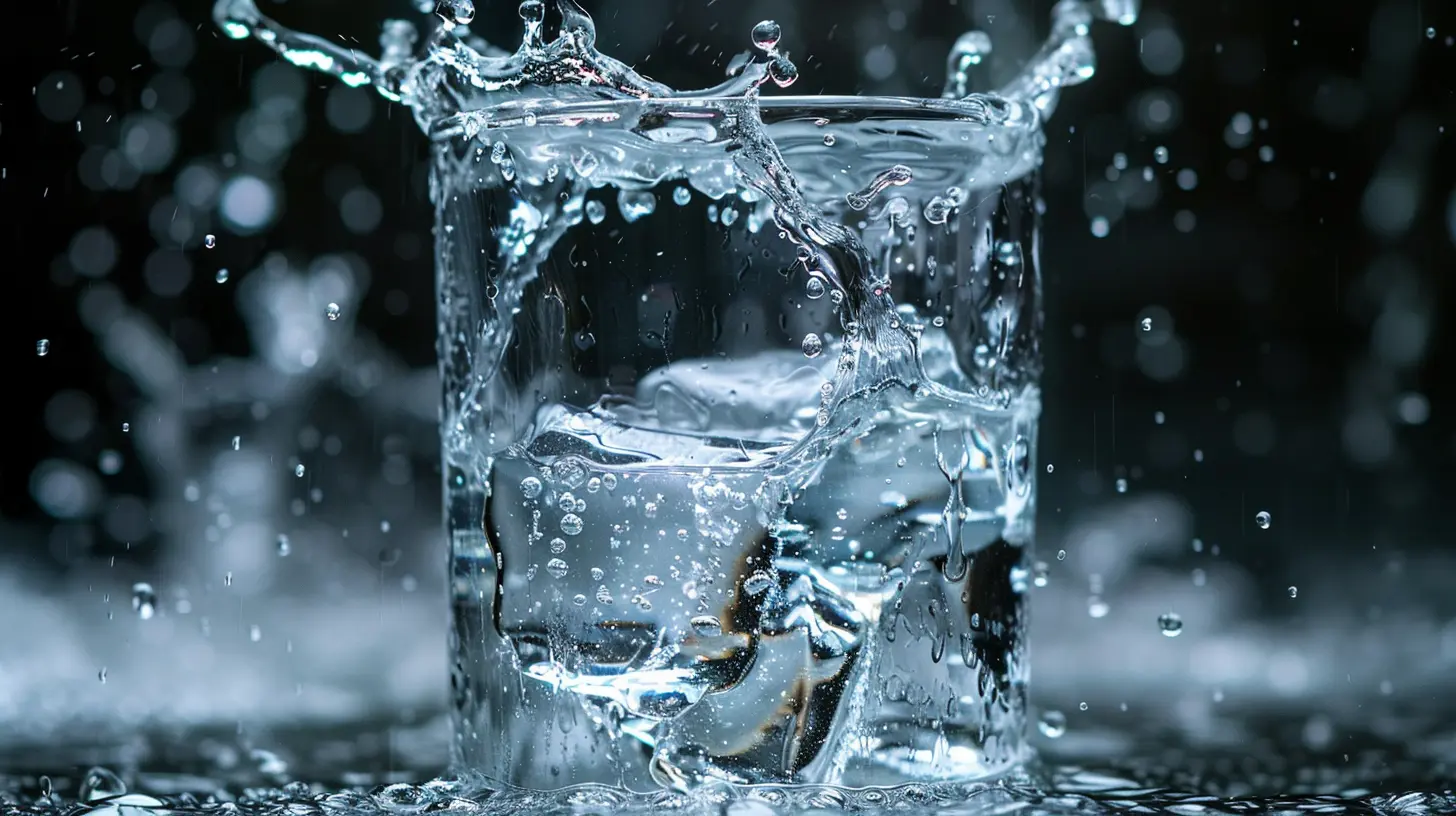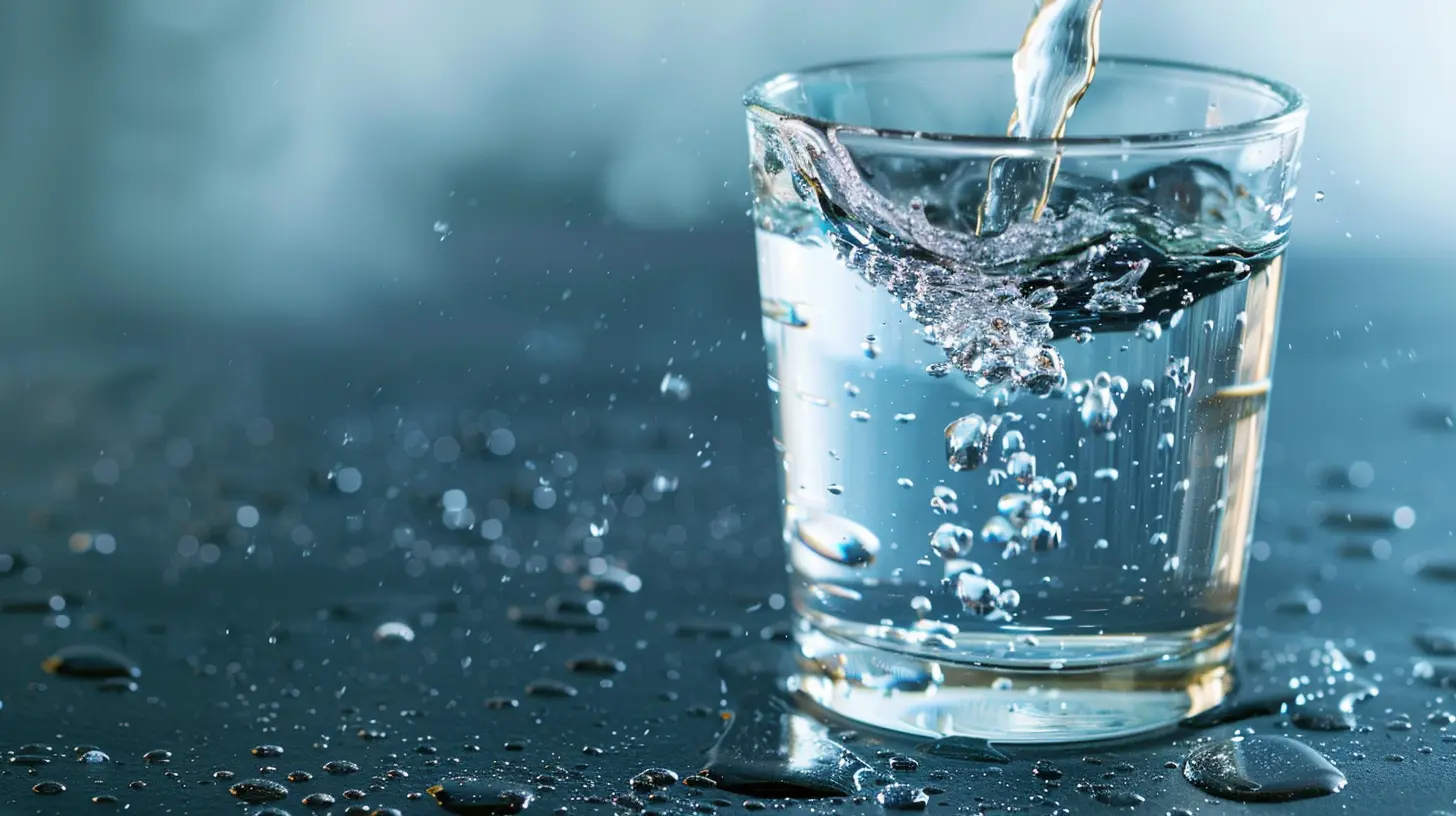Hydration and Mental Clarity: Staying Sharp with Water
12 November 2025
Introduction
Ever felt foggy-headed, sluggish, or just unable to concentrate no matter how hard you try? Before blaming your workload or stress, take a moment to ask yourself—have you been drinking enough water?
Hydration is often overlooked when it comes to brain function, but it plays a huge role in keeping your mind sharp. Your brain is nearly 75% water, so even mild dehydration can trigger headaches, fatigue, and difficulty focusing. In this article, we’ll dive into the incredible connection between hydration and mental clarity, why water matters more than you think, and how you can optimize your water intake for better cognitive function.

The Brain’s Love Affair with Water
Your brain is like an engine—it needs fuel to run smoothly. While food provides energy, water is the oil that keeps everything running without friction. When you’re dehydrated, your brain literally shrinks in volume, making it work harder for basic functions. Imagine trying to drive a car with low oil—it overheats, parts grind together, and performance drops. That’s your brain on dehydration!Water’s Role in Brain Function
Water is essential for numerous brain processes, including:- Nutrient and oxygen transport – Water helps deliver nutrients and oxygen to brain cells, keeping them energized and functioning optimally.
- Detoxification – Your brain flushes out toxins while you sleep, and water is the medium that helps remove cellular waste.
- Neurotransmitter production – Hydration is crucial for producing neurotransmitters like dopamine and serotonin, which regulate mood, focus, and emotional well-being.
- Temperature regulation – The brain generates heat, and water helps cool it down efficiently.
Without sufficient hydration, these processes slow down, leading to cognitive sluggishness.

Dehydration and Brain Fog: The Silent Disruptor
Ever experienced a sudden headache, dizziness, or loss of focus in the middle of the day? You might be dehydrated. Even a small 1–2% drop in hydration levels can impair short-term memory, creativity, and problem-solving skills.What Happens to Your Brain When You’re Dehydrated?
- Slower Thinking – Dehydration decreases the brain’s efficiency, making it harder to process information and make decisions.- Mood Swings – Lack of water can lead to irritability, stress, and even symptoms of anxiety and depression.
- Memory Issues – Struggling to recall names or details? Dehydration reduces brain elasticity, making memory recall sluggish.
- Lack of Focus – Brain cells need adequate hydration to maintain concentration. Without it, your ability to stay engaged and productive takes a hit.
These effects can creep in so gradually that you might not realize you’re dehydrated until it’s too late.

How Much Water Do You Really Need?
The common advice is to drink eight 8-ounce glasses of water a day (about 2 liters), but that’s not a one-size-fits-all rule. Your body’s water needs depend on factors like age, weight, activity level, and climate.A general guideline is:
- Men: About 3.7 liters (125 ounces) per day
- Women: About 2.7 liters (91 ounces) per day
But here’s the catch—you don’t have to rely solely on water. Fruits, vegetables, herbal teas, and even soups contribute to your daily hydration.

Signs You’re Not Drinking Enough Water
How do you know if you’re drinking enough? Look out for these dehydration warning signs:- Dry mouth and bad breath
- Headaches or frequent dizziness
- Fatigue and sluggishness
- Dark yellow urine (it should be pale yellow)
- Cravings for salty or sugary foods
- Poor concentration and forgetfulness
If any of these sound familiar, it’s time to up your water intake!
Best Ways to Stay Hydrated for Mental Clarity
Drinking more water doesn’t have to be a chore. Here are some easy and practical ways to stay consistently hydrated:1. Start Your Day with Water
Before reaching for coffee, drink a glass of water. It jumpstarts hydration and wakes up your brain.2. Set Hydration Reminders
Busy schedules often make us forget to drink. Use phone alarms or hydration apps to remind yourself to sip regularly.3. Infuse Your Water for Flavor
Not a fan of plain water? Add lemon, cucumber, mint, or berries for a refreshing twist.4. Eat Water-Rich Foods
Watermelon, oranges, cucumbers, lettuce, and strawberries are packed with water and electrolytes.5. Follow the 20-Minute Rule
Drink a little water every 20 minutes, especially if you’re working long hours or exercising.6. Keep a Water Bottle Handy
Having a bottle within reach makes it effortless to sip throughout the day.7. Drink Before You Feel Thirsty
Thirst is a late-stage signal of dehydration—stay ahead of it by drinking consistently.8. Limit Dehydrating Drinks
Alcohol, sugary sodas, and excessive caffeine can dehydrate you. Balance them with extra water intake.
Hydration and Brain Health: The Long-Term Benefits
Keeping your brain hydrated doesn’t just help with short-term focus—it plays a big role in long-term brain health. Studies suggest that chronic dehydration increases the risk of neurodegenerative diseases like Alzheimer’s and dementia.Hydration also supports cognitive longevity by:
- Protecting brain cells from oxidative stress
- Promoting better sleep and mental relaxation
- Reducing the risk of strokes and migraines
- Enhancing long-term memory retention
Simply put, water is one of the easiest and most natural ways to keep your brain young and resilient.
The Hydration-Cognition Connection: Real-Life Examples
Still not convinced? Consider this:- Athletes who hydrate properly perform better mentally and physically.
- Students who drink water before exams tend to score higher.
- Office workers who stay hydrated report fewer headaches and higher productivity.
Even slight dehydration can cut your efficiency, but proper hydration keeps you mentally agile and energized.
Conclusion
Your brain thrives on water—without it, mental fog, fatigue, and mood swings take over. Staying hydrated isn’t just about quenching thirst; it’s about maintaining peak cognitive performance.By making hydration a daily habit, you’ll notice sharper focus, better memory, and even improved emotional balance. So, grab that water bottle, take a sip, and give your brain the hydration it deserves!
all images in this post were generated using AI tools
Category:
HydrationAuthor:

Laura Hudson
Discussion
rate this article
1 comments
Kade McGuffin
Drink water, think better—simple magic!
November 22, 2025 at 3:31 PM

Laura Hudson
Absolutely! Staying hydrated boosts cognitive function and enhances clarity—it's a simple yet powerful strategy for mental sharpness.


